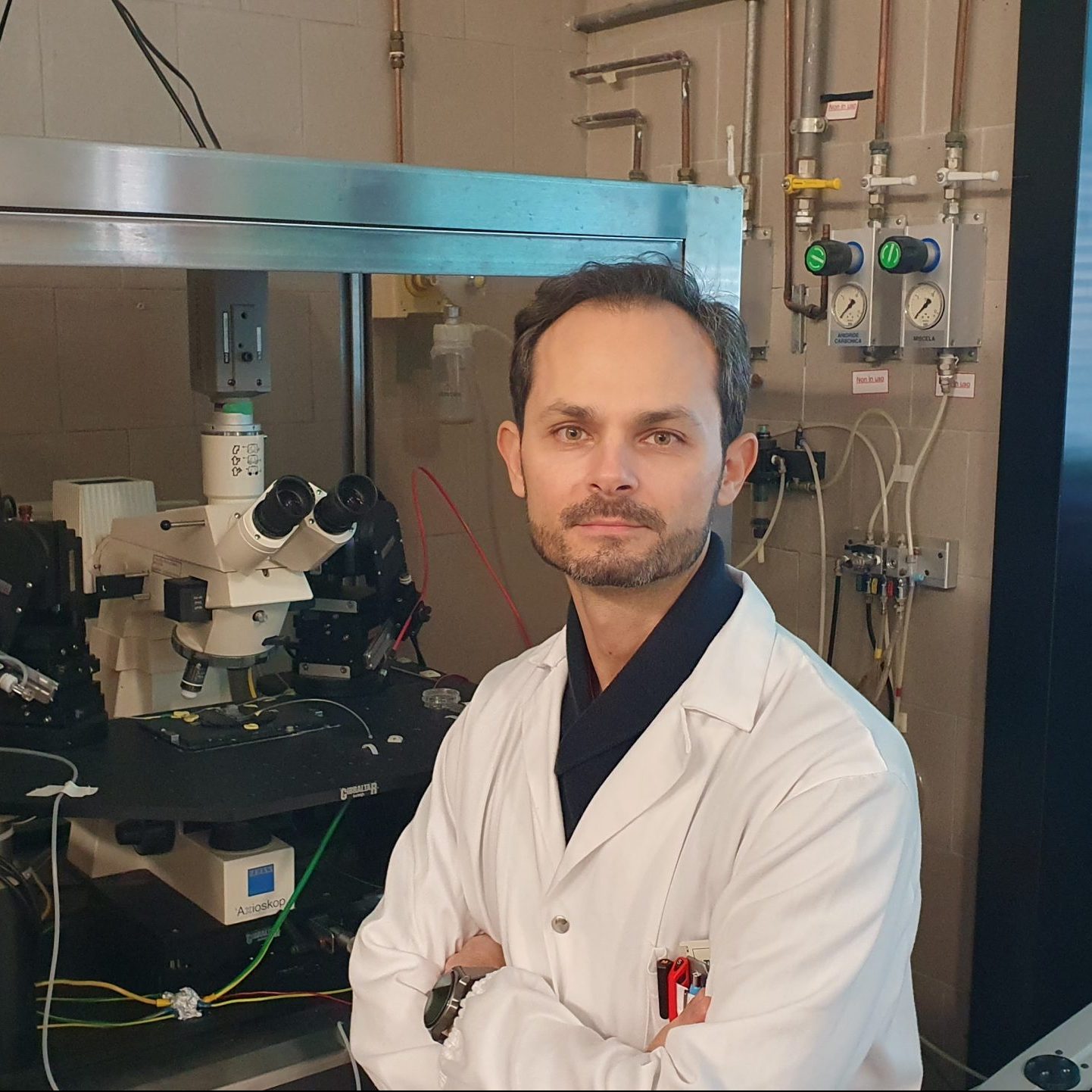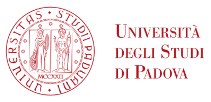
Marco Mainardi is an Associate Professor of Physiology at University of Padua.
His training in biological research started with a master’s degree in molecular biology at University of Pisa (2006), where he also received an Honors degree in Biology after completing the graduate course at Scuola Normale Superiore. Then, he received his PhD Neuroscience, still from Scuola Normale Superiore (2010), after working under the supervision of prof.s Lamberto Maffei, Matteo Caleo, and Tommaso Pizzorusso on the effect of environmental stimuli on synaptic plasticity, using in vivo electrophysiology, imaging, and biochemistry. He then continued to explore these topics with a postdoc at the Neuroscience Institute of the National Research Council. In 2014, he moved to the Physiology Institute of Catholic University in Rome with an assistant professor position. While getting proficient in patch-clamp electrophysiology and coimmunoprecipitation techniques, he contributed to elucidate the effect of metabolic stressors, such as a hyperlipidic diet, in curbing synaptic plasticity. In 2017, Marco moved back to Scuola Normale Superiore, where he became assistant professor in Antonino Cattaneo’s lab, where he was introduced to the design and validation of genetically encoded tools for synapse labeling and analysis, which he used to create maps of in vivo synaptic plasticity in the hippocampus, as well as to analyze the variations in the molecular composition of synapses in response to learning. In 2019, Marco obtained his first independent position as a researcher of the Neuroscience Institute of the National Research Council, where he was promoted senior investigator before moving to University of Padua in 2023.
Marco’s current research interests are focused on understanding how synapses are affected by physiological variations in sensory inputs as well as by pathological states, including Alzheimer’s disease and neuroinflammation. To answer his scientific questions, he employs a combination of genetically encoded reporters and probes, behavioral testing, electrophysiology, imaging, and biochemistry in preclinical models. His research is supported by grants from the Ministry of University and Research, as well as from private charities, such as AirAlzh (Italian Association for Research on Alzheimer’s).
Marco’s ultimate goal as a researcher is to make contributions which can be truly useful to ameliorating the condition of diseased people, by exploiting basic research to indicate new potential targets for the therapy of neurodevelopmental and neurodegenerative diseases.
Scopus link: https://www.scopus.com/authid/detail.uri?authorId=26424686300
Google Scholar link: https://scholar.google.it/citations?user=hkEBXloAAAAJ&hl=it

